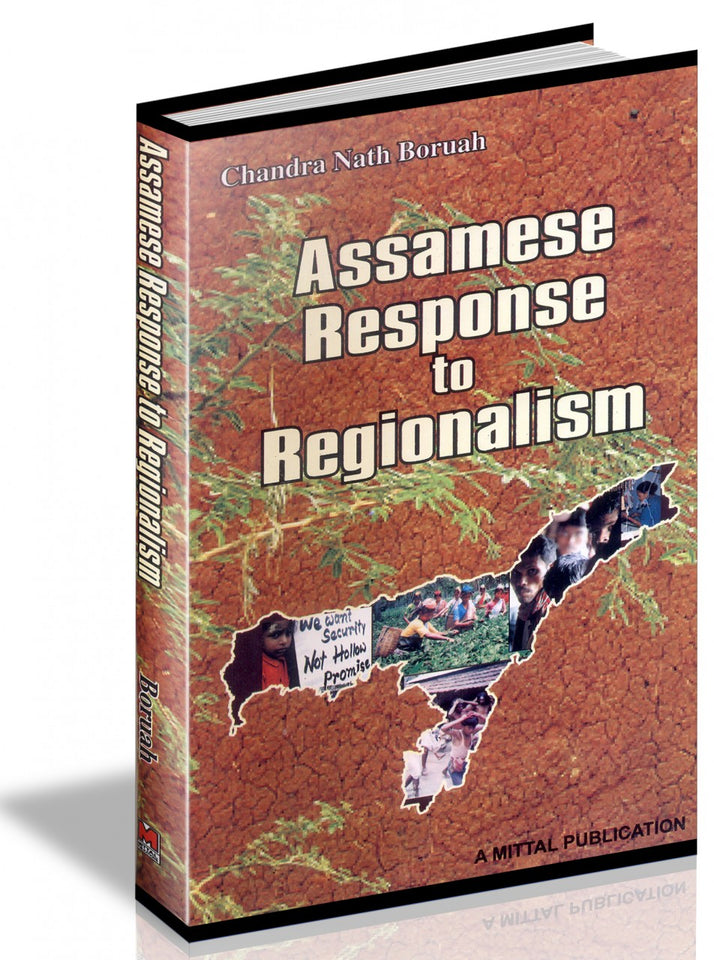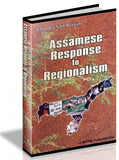Assamese Response to Regionalism
Regular price
Rs. 295.00
Regionalism has been playing an influential role in the political process of India. As India is a 'diverse' society of heterogeneous regional specialties, so the regional urges are bound to be reflected in the political process. However, it emanates, essentially from the socio-cultural, economic and political dimension. Assamese regionalism since the British rule, has been pioneering the interests of the Assamese middle class. But in the post-independence period, the Central Government's policies of economic disparity made the Assamese elite much disappointed. importantly, illegal foreign national issue gave the Assamese regionalism a popular and emotive dimension. The Assamese middle class could successfully project the sentiment of the Assamese people and run the foreign national movement for long six years. The movement ended after the signing of the historical ' Assam Accord'. Thus after the Accord the leaders of the Movement gave birth to a regional party named 'Asom Gana Parishad'. Here the author examines how the popularity and dominance of the national parties experienced a heavy blow during the Assembly elections held in 1985 and 1996 in the State. On the contrary, the Assamese people rejected the regional parties and favoured the Indian National Congress (INC) as alternative in the 1991 and 2001 Assembly elections. However, regional party governments in the state have witnessed fulfillment of personal interests of the leaders in power, rather than the common regional interests. The regional party (AGP) consequently split down. Secondly, Assamese regionalism created a new type of ethnic awakening among different ethnic groups. Regional party governments in the state had failed to influence the Central Government to implement the 'Assam Accord' in letter and spirit. Thus, the author challenges the validity of the view that regionalism in Assam emerged to fulfill the common interests of the Assamese people and establishes is new thesis that Assamese regionalism is based on emotions and sentiments rather than commitment.
Chandra Nath Boruah (b.1950) obtained Ph. D from Dibrugarh University. He is currently, a Super Selection Grade Lecturer and Head of the Department of Political Science in the Dhakuakhana College, Assam. He has published a good number of research papers. Further, he has published many articles in Assamese on diverse subjects. His area of interest is political Theory, International Politics, International Law and Regionalism. He is also a research guide at Vinayaka Missions University, Tamil Nadu and the Madurai Kamaraj University, Madurai
Guaranteed Safe Checkout





